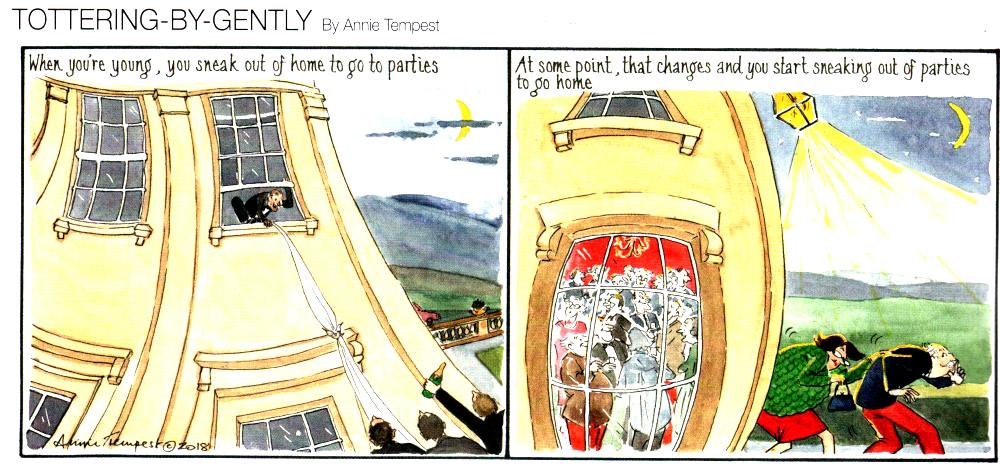“To reduce disasters, we must cut greenhouse emissions. So why isn’t the bushfire royal commission talking about this?” So asks Robert Glasser in The Conversation (1 September, 2020). Glasser was formerly the United Nations Secretary General’s Special Representative for Disaster Risk Reduction. He saw first-hand the impacts of natural disasters, and nations’ efforts to build their climate change resilience. “The royal commission process,” he says, “is a unique opportunity to accelerate progress in these areas, which are so critical for Australia’s future.” But thus far, the Commission has said little on that front.
With next fire season already underway, the bushfire royal commission has now released an interim report. A “glaring omission,” Robert Glasser says, “involves the most urgent measure to reduce the risk of future disasters: reducing greenhouse gas emissions.
The royal commission is tasked with finding ways to improve disaster management in three main areas: 1. how the federal government coordinates with other levels of government; 2. resilience to climate change and mitigating disaster risk; and 3 the laws governing the federal government response to national emergencies.
“Resilience to future disasters, Glasser says, “must start with action on climate change. So it’s disappointing the royal commission has not yet commented on the need to lower greenhouse gas emissions as rapidly as possible.” . . .
“While it’s difficult to scientifically demonstrate that climate change ‘causes’ any one disaster, the general direction is crystal clear. As the climate continues to warm, the frequency and severity of these events will increase.”
The prime minister has argued that “Australia, on its own, cannot control the world’s climate, as Australia accounts for just 1.3% of global emissions.” True. But because we’re disproportionately vulnerable to the threats of climate change, we must convince other nations to reduce their greenhouse gas emissions. Which of course demands that we lead by example. “Our international advocacy,” Glasser says, “will only be credible if we strengthen our own ambition to mitigate climate change.”
A recommendation from the Royal Commission to reduce emissions would be “appropriate and extremely useful.”





